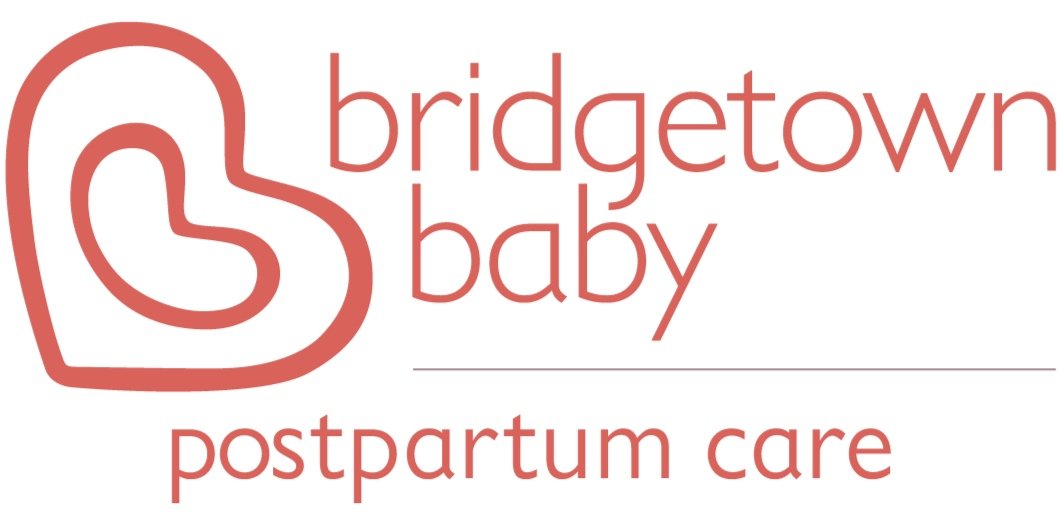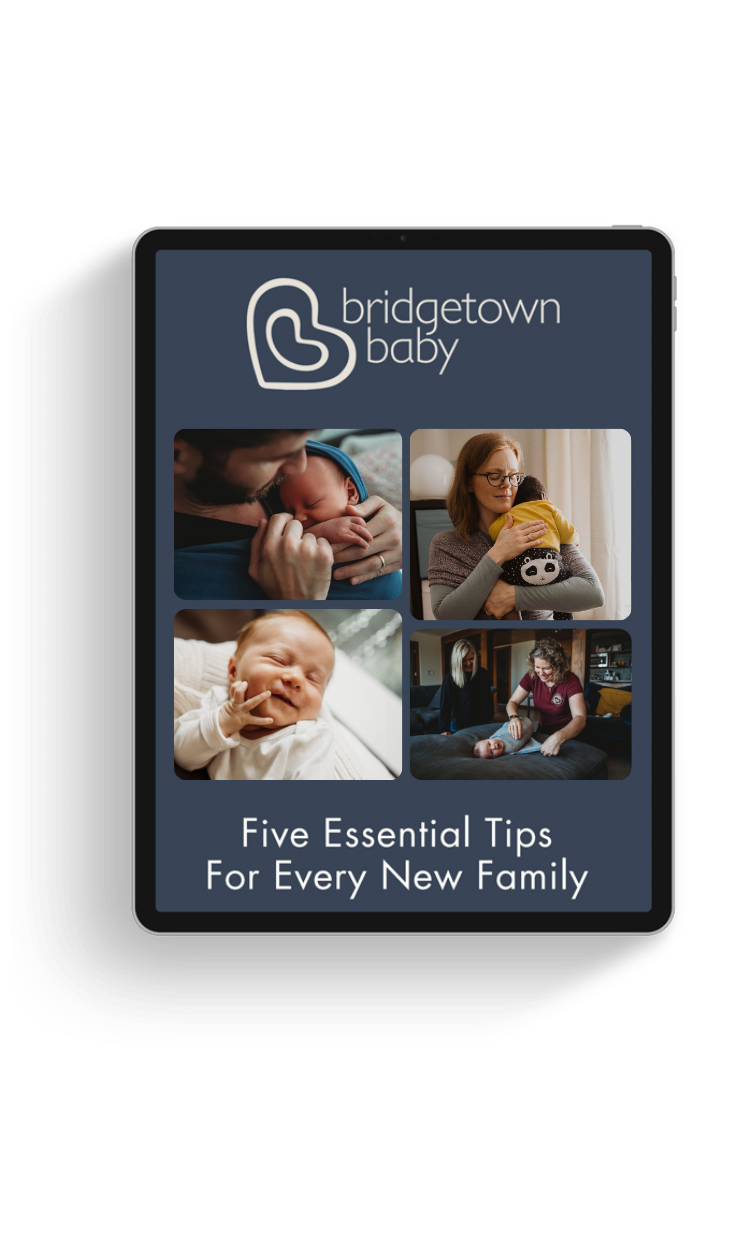Caring for the Birthing Parent: Wisdom from Holistic Health Around the World
The 42 days directly following childbirth represent a unique and potent time in a person’s life.
It is often referred to as a liminal space—a period of threshold between what was and what will be. During this in-between time, the birthing parent is transitioning physically, emotionally, mentally, and spiritually. While much of the external attention is typically focused on the newborn, it is equally essential—indeed vital—to recognize and tend to the needs of the birthing parent during this tender window.
Many cultures and healing traditions across the globe have long recognized this post-birth period as sacred. They regard it not just as a recovery phase, but as a time of profound transformation and opportunity for deep healing. Practices rooted in Ayurveda, Traditional Chinese Medicine, Latin American cuarentena, and African postpartum traditions all emphasize this time as one that deserves reverence, ritual, and conscious care.
In modern Western society, this period is often overlooked or rushed. Birthing parents are frequently expected to "bounce back" or return to “normal” before their bodies and spirits have truly had time to mend. Holistic health systems offer a different approach—one that encourages a slowing down, turning inward, and rebuilding with intention.
Let’s explore what this care can look like and why it is so crucial.
Why the First 42 Days Matter
The number 42 may seem arbitrary at first glance, but it is far from it. In systems like Ayurveda and East Asian medicine, 42 days is the approximate time it takes for the body's tissue systems to recalibrate after childbirth. During this time, hormones begin to stabilize, the uterus shrinks back to its original size, blood volume returns to pre-pregnancy levels, and the body slowly begins to integrate the enormous physiological effort it has just made.
There’s a saying in many holistic circles:
“42 days for 42 years.”
This adage reflects the understanding that how a birthing parent is supported in this window can have ripple effects for their long-term physical, mental/emotional, and spiritual health. If these days are spent resting, replenishing, and receiving care, the foundation is laid for resilience and vitality..
The Holistic Foundation: Rooting the Tree
In nature, a tree’s health is deeply dependent on the strength of its roots. Without well-nourished roots, the tree may appear upright but lack the depth and resilience to weather storms. Similarly, after birth, the birthing parent's body, mind, and spirit are vulnerable—open, raw, and in need of rooting.
From a holistic lens, care in this window focuses on four key foundations:
Supporting Digestion
Calming the Mind and Emotions
Grounding the Body and Nervous System
Honoring the Transformation
Let’s look at each of these through the lens of global postpartum care wisdom.
1. Supporting Digestion: The Fire Within
In holistic healing, digestion is viewed as the root of health. After birth, digestive strength is considered weak or compromised. The effort of growing and birthing life expends a vast amount of energy. This is a time when many traditions call for healing broths, warm porridges, cooked fruits, and herbal teas.
Across cultures, we find agreement on this: warmth, simplicity, and nourishment are key.
Examples of Foods to Include in Your Diet:
Warm teas (ginger, chamomile, fennel, nettle)
Stewed apples, dates, or pears
Bone broth or vegetable broth
Lentils or mung dal with warming spices
Ghee or coconut oil
2. Calming the Mind and Emotions: The Inner Weather
After birth, hormones shift rapidly. The experience of giving birth can be deeply empowering—and also disorienting, exhausting, or even traumatic. In this time, the birthing parent may experience waves of emotion, vulnerability, and overwhelm.
In holistic traditions, this is not seen as pathology but as a natural part of the process. The nervous system is tender. The heart is open. The spirit may feel raw or expanded. Practices that soothe and calm the mind are essential to support emotional integration and mental wellness.
Traditional Practices May Include:
Abhyanga (Ayurvedic oil massage): A warm oil massage given daily, often by a caregiver or support person, to ground the nervous system and nourish the tissues.
Herbal Baths: Soaking in teas made of lavender, rose, calendula, or mugwort can calm the body and spirit.
Spiritual Containment: In some cultures, mirrors are covered, visitors are limited, and the home is intentionally quiet to allow calm and quiet to help minimize overstimulation.
Sleep and Rest: Support for napping during the day, figuring out sleeping arrangements and help with household tasks are all part of emotional care.
Key Concept: Create a cocoon of warmth, quiet, and gentle connection.
3. Grounding the Body and Nervous System: The Physical Rebuild
The body is in an intense state of repair after childbirth. Organs shift, muscles stretch and tighten, tissues begin to mend. Bleeding continues for several weeks. Lactation demands additional energy and nutrients.
This is a time when grounding touch, physical support, and warmth help the body feel safe and whole again. In Malaysian, Guatemalan, and Moroccan cultures, among others, binding the abdomen is practiced as a way to support the uterus and abdominal muscles as they return to pre-pregnancy tone.
Examples of Supportive Modalities Include:
Belly binding: Using cloth to gently wrap the torso and offer physical support.
Pelvic steaming: Herbal steam baths for the perineum that promote healing, circulation, and connection to the womb space.
Postpartum bodywork: Techniques like craniosacral therapy, myofascial release, or traditional hands-on care that support alignment and comfort, gently.
Herbs and tonics: Adaptogenic herbs, mineral-rich infusions, and iron-rich foods help replenish reserves.
Skilled care: working with a qualified provider to build a plan that will be safe and supportive for your healing body.
This phase is not about “getting your body back”—it’s about loving and supporting your body forward.
4. Honoring the Transformation: A Sacred Rite of Passage
In modern life, the immense psychological and spiritual passage into parenthood is often minimized or overlooked. But traditional cultures honor it through ritual, storytelling, and community support.
Whether through a naming ceremony, a mother’s blessing, or simply sharing stories with other parents, marking the transition into parenthood as a sacred event helps the birthing parent integrate the experience and feel witnessed.
Ways to Honor the Transformation:
Create ritual space: Light a candle, journal your birth story, or receive a postpartum ceremony.
Ask for stories: Invite others to share their experiences of becoming a parent, creating a lineage of wisdom.
Sacred touch: Receive care that recognizes the beauty and power of what your body and spirit have done.
Rest in identity: Take time to explore who you are now—not rushing to define it, but giving space to become.
Global Wisdom in Action: What Cultures Teach Us
Mexico / Latin America (La Cuarentena): A 40-day rest period where the mother is cared for, massaged, and given special foods. Household tasks are handled by others.
Morocco: Women receive herbal baths, belly binding, and nourishing stews. The body is massaged with warming oils.
India (Ayurveda): 42 days of rest, warm foods, daily oil massages (abhyanga), and herbal remedies to support ojas (vital energy).
Malaysia / Indonesia: Postpartum massage, binding, warm herbal compresses (bengkung), and tonics to balance hormones and energy.
These ways of honoring emphasize warmth, slowness, nourishment, and support—the very things modern postpartum care often overlooks.
Reclaiming Rest in a Modern World
Bridgetown Baby Postpartum Doulas are here to support you in the first 42 days and beyond
We live in a society that often equates rest with laziness, or productivity with worth. New parents are often pressured to return to work, socialize, or “bounce back” before their bodies and hearts are ready. But rest is revolutionary. Especially in the postpartum window, rest is medicine.
You do not need to do it all alone. Whether you receive this care from a postpartum doula, a partner, a friend, or through rituals you create for yourself, it’s never too late to honor this threshold.
Little Acts with Big Impact
Even if you don’t have access to full traditional postpartum care, you can still support your healing and integration with simple, powerful acts:
Warm your food and drinks.
Limit overstimulation and screen time.
Say no to visitors you don’t feel energized by.
Ask for help with meals, laundry, or errands.
Wrap yourself in a shawl, blanket or something warm.
Take five slow breaths each time you feed your baby.
Listen to your body more than outside voices.
These are not luxuries—they are necessities for long-term health and vitality.
Conclusion: A Sacred Window
The 42 days after childbirth are not just about surviving—they are an opportunity to be nourished, witnessed, and honored. You’ve crossed a threshold, birthed life, and are rebirthing yourself in the process. Holistic wisdom from around the world reminds us that this time can be a profound beginning—not just for your child, but for you as a parent and a human being.
Bridgetown Baby Postpartum Doulas are here to support you in the first 42 days and beyond: book a call to find out more.
Let this time be slow. Let it be sacred. Let it be supported.
You are not alone. You are part of a lineage of people who have birthed before you, and who are rooting for your healing now.
Five Essential Tips for New Parents
We created this guide to help parents simplify their to-do list around preparing for the fourth trimester, because we believe that a supported, restful postpartum experience brings lifelong benefits to parents and their children.
Information provided in the blog is for educational purposes only and does not substitute for professional medical advice. For more information, please see our disclaimer.





